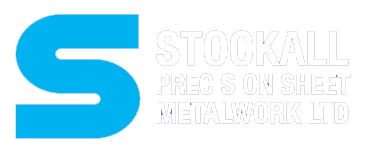For scaled-down firms, automated equipment and tools can be a boon. They can accelerate groundwork functions and share a faster and more useful way to sign up, evaluate, and manage potential deals.
Automatic job flow can also eliminate repeated tasks, boost accountability, and enhance creation. It can remove redundant jobs and win back dealmakers’ time to give attention to other, essential aspects of their business.
The use of AI and analytics can easily improve the method, resulting in a more productive dealmaking experience. For instance, properly tuned algorithms can predict the base-case and downside cases. This is not just impressive, but it may also save money simply by predicting what is most probably to happen.
Besides saving time and money, AI and analytics may improve efficiency. Dealmakers can easily apply AI to discover homebuyers, research the competition, and produce customized presentations. Likewise, with the right schooling, machines can easily recognize subtle subtleties and even identify which value technique might yield the best results.
Dealmaking software is a fantastic option for minor and major firms equally. It can make the M&A process more efficient and transparent. Computer software can help dealmakers locate customers, tailor product sales pitches, and start with consumers whom match the organization’s lifestyle and spending plan. Specifically for smaller businesses, improved accountability is essential.
In the long run, though, software is not only a replacement for human beings. While it can streamline particular processes and save period, it simply cannot replace the human contact. Human suggestions is still necessary for such jobs as value, determining stages of transaction monitoring process flow the effects of perceptive property, and maximizing sales growth.






